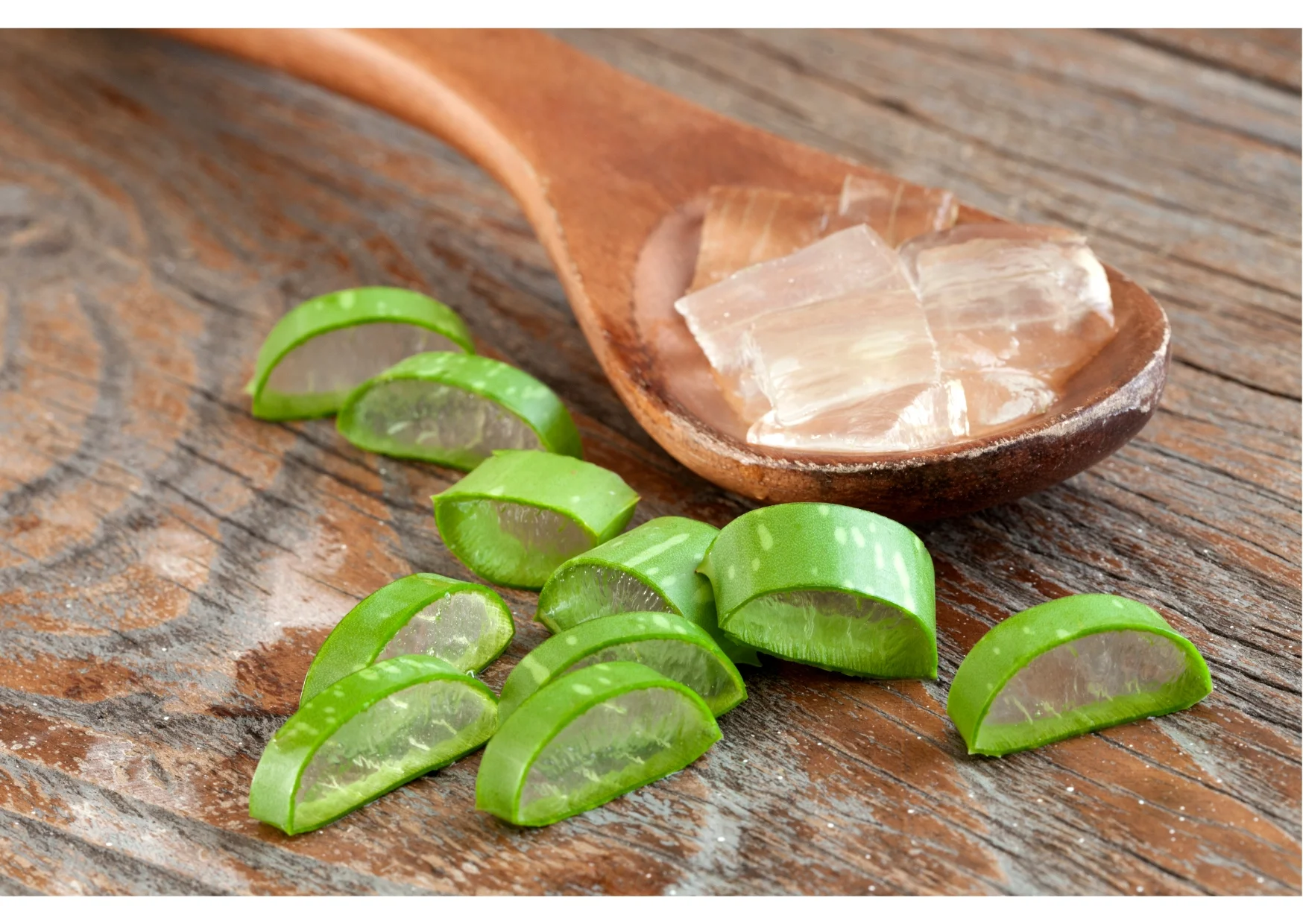

Itchy, dry, rough, and inflamed patches of skin are signs of atopic dermatitis, also known as eczema. Genetics and environmental factors play a role in causing eczema. A flare-up can also be triggered by psychological factors, like stress.
It is also important to tailor every treatment plan to the specific needs of the patient since symptoms and causes differ from person to person. Treatment options can range from prescription medication to natural alternative remedies, depending on the severity of symptoms.
Due to its moisturizing and soothing properties, Aloe Vera is a popular natural remedy for eczema.
Does fresh Aloe Vera gel really relieve eczema symptoms? Find out more by reading on.
Aloe Vera Gel for Eczema: What Are the Benefits?
In the past, Aloe Vera Gel has been used to treat and manage a variety of skin conditions, including cuts, burns, and rashes. While there are plenty of success stories and anecdotal evidence to support Aloe Vera’s effectiveness for eczema, there is still a lack of research. In terms of conclusive proof that Aloe Vera can significantly benefit people suffering from eczema, there haven’t been many studies conducted.
However, Aloe Vera Gel contains anti-inflammatory, antifungal, antibacterial, and antioxidant properties that may reduce eczema symptoms.
In order to treat eczema, fresh Aloe Vera gel may have the following potential benefits:
Keep the skin moisturized
Zinc, amino acids, and mucopolysaccharides in Aloe Vera Gel boost the skin’s ability to retain moisture. Keeping your skin moisturized can significantly reduce the tight and itchy feeling associated with eczema flare-ups.
Enhance hydrocortisone’s effectiveness
In a study published in the Journal of the American Podiatric Medical Association, Aloe Vera may enhance the absorption of hydrocortisone. The combination of these two treatments may be more effective than either of them alone.
Ensure that secondary infections are prevented
Aloe Vera has antimicrobial properties that make it effective at decontaminating, according to a study published in 2019. Eczema often results in broken, irritated skin, which can lead to secondary infections. There are two hormones found in Aloe Vera called gibberellins and auxins that accelerate wound healing.
Itching relief
Eczema flare-ups are often accompanied by intense itching, which can be relieved by Aloe Vera’s anti-inflammatory properties.
There is very little research to confirm that Aloe Vera is an effective eczema treatment, but there is no harm in trying it. Eczema sufferers try to find relief wherever they can.
Eczema Treatment with Fresh Aloe Vera Gel
To treat eczema symptoms with fresh Aloe Vera Leaf Gel, follow these steps:
Take a premium Aloe Vera fresh leaf, wash the leaf first and then properly extract the gel from the inside as described in the post THE PROPER WAY OF HOW TO EXTRACT FRESH ALOE VERA GEL FROM THE LEAF!
The use of Aloe Vera can exacerbate some symptoms in some people. A patch test can help you determine whether you are allergic. Apply fresh Aloe Vera Gel to a small area of your skin and leave it on for 24 hours. In case of swelling, hives, or any other allergic reaction, explore different treatment options. Keep applying fresh Aloe Vera gel to the irritated area of your skin if you do not experience any allergic reactions.
- Directly apply Aloe Vera gel to the affected area. Throughout the day, you can apply it multiple times.
- As soon as you get out of the shower or bathtub, apply Aloe Vera to lock in moisture.
- Wet wraps may help you if you suffer from severe symptoms. Take a piece of cloth and soak it in warm water. Put a damp cloth on your skin, apply fresh Aloe Vera gel to the affected area, and then wring it out. Strips of dry cloth should be wrapped around it. The wrap should be left on overnight.
See a dermatologist immediately if your symptoms worsen.



